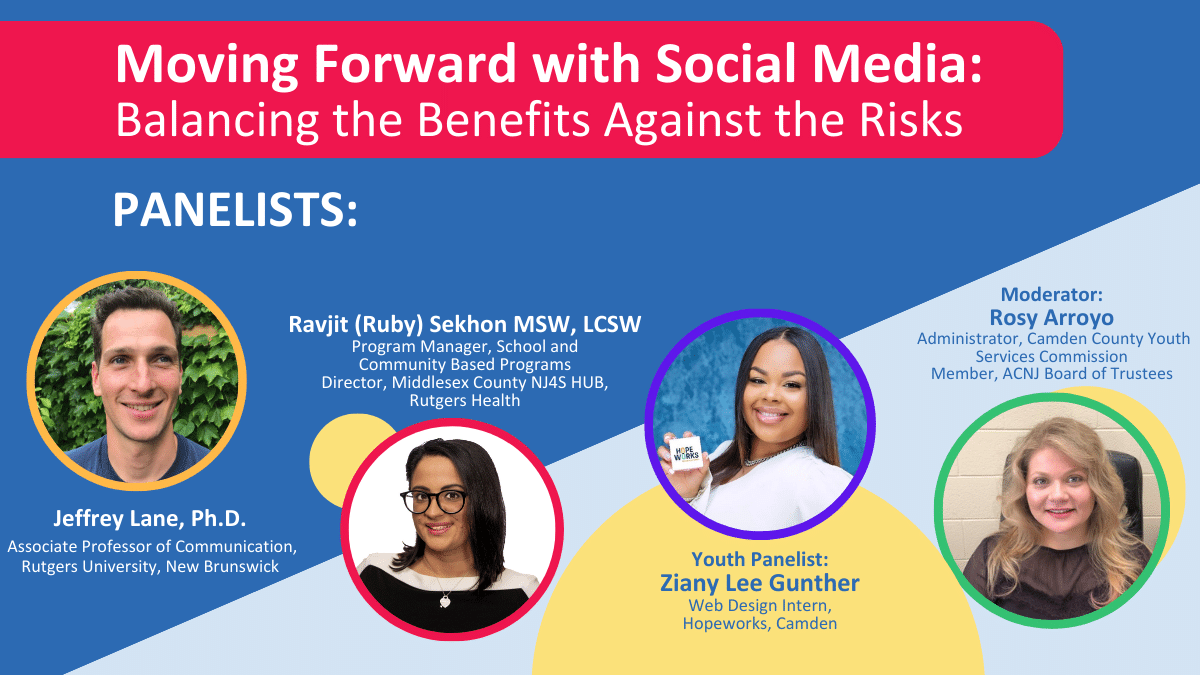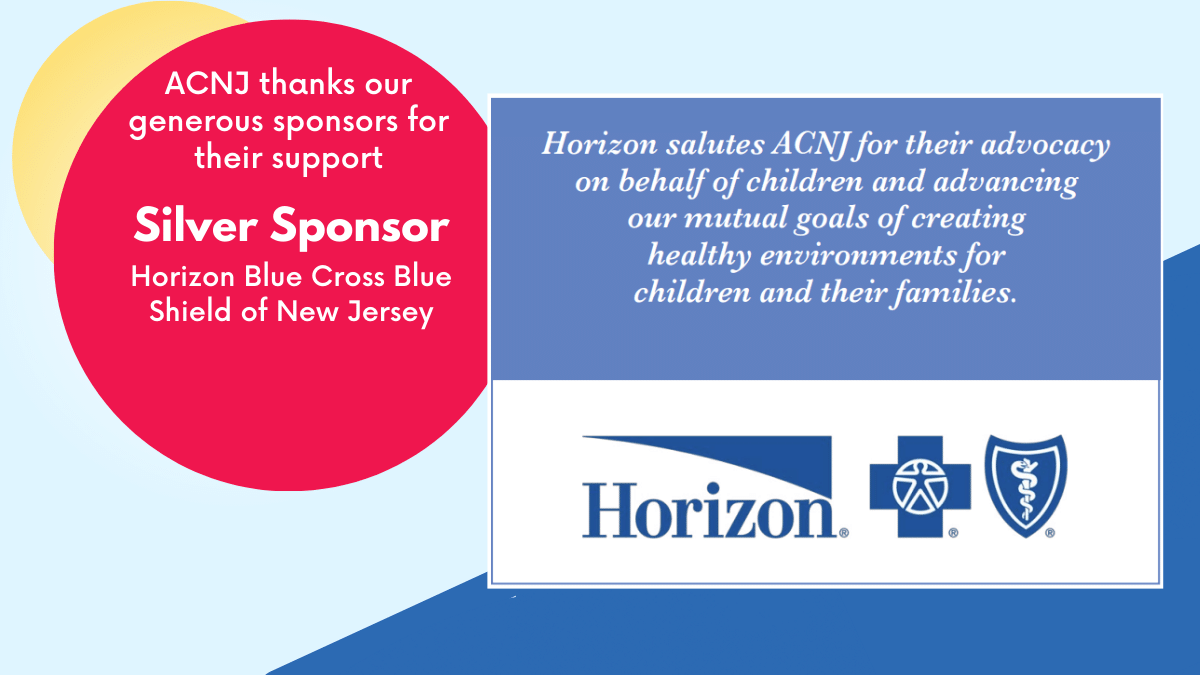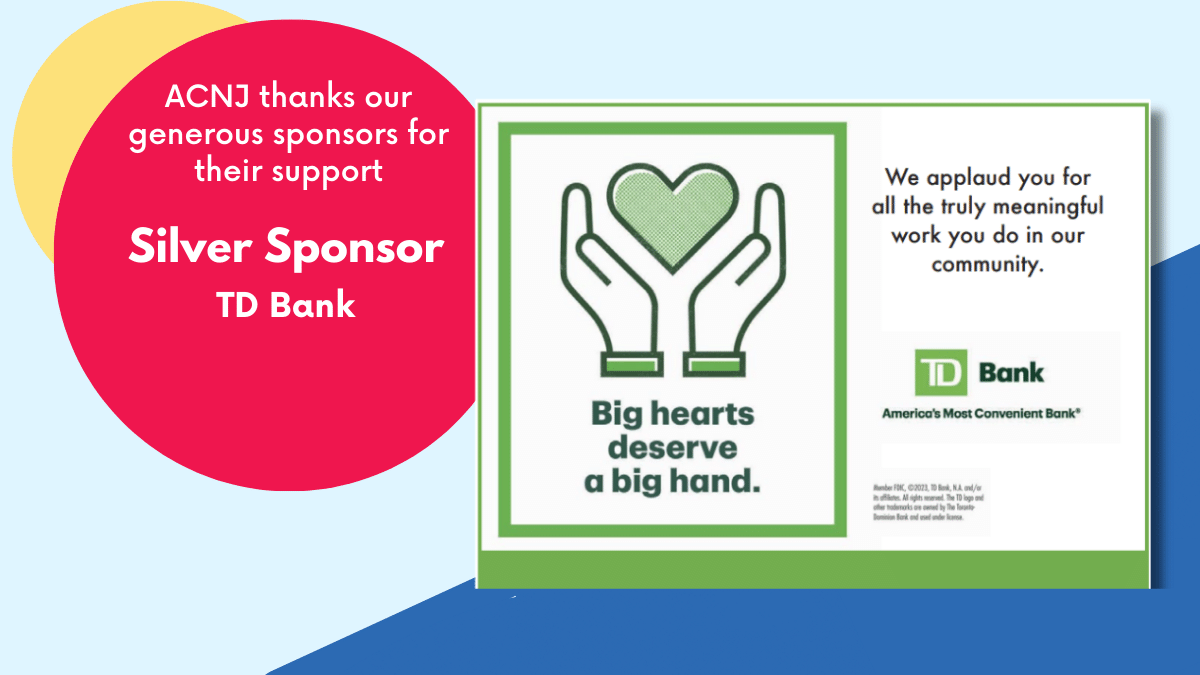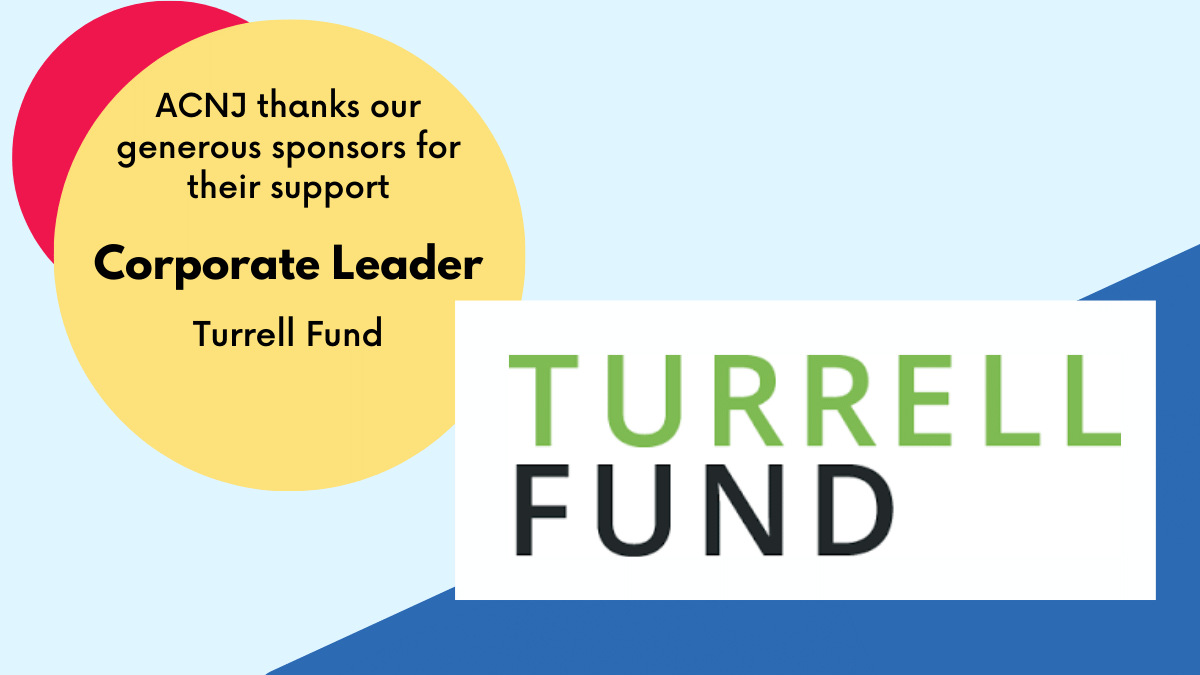Posted on January 10, 2024

By Hannah Korn-Heilner, Policy Associate
For more information on this topic, contact Hannah at hkornheilner@acnj.org

By Olivia Carrara, Leontine Young Fellow
For more information on this topic, contact Olivia at ocarrara@acnj.org

The Supplemental Nutrition Program for Women, Infants, and Children, commonly known as WIC, provides supplemental nutritious food to pregnant, breastfeeding, and postpartum women, and to infants and children up to the age of five in New Jersey households, with incomes up to 185% of the federal poverty level, which is $55,500 for a family of four. WIC also provides nutrition education and counseling, breastfeeding education and support, immunization screening and referrals, referrals for free or reduced-cost health care, and referrals to health or social services. New Jersey’s WIC enrollment increased 9% between 2022 and 2023, while the state participation rate increased 11%. Despite these increases, the number of women, infants, and children actually participating remains lower than the number of those enrolled. ACNJ Kids Count data for 2023 shows that 184,181 women, infants, and children were enrolled in WIC, but only 166,839 were actually participating.
In 2023, members of ACNJ’s Melinated Mom’s Parent Leadership Council interviewed parents across the state about their experiences raising young children in New Jersey. Five parents from Essex, Camden, Burlington, and Hudson Counties shared how beneficial the WIC program has been to their families, providing critical funds to purchase formula and other necessities such as milk, eggs, and fruits. Parents appreciated the healthy food options and the opportunity to meet with a dietician who suggested helpful recipes. Parents indicated that the application process was easy–one parent even mentioned receiving the application in the hospital, allowing the benefits to start quickly without having to make a trip to the WIC office. In recent years, WIC transitioned to e-cards, which alleviates parents from the need to pick up their check at the WIC office each month. Parents report that the e-cards make it easier to purchase food in stores.
Parents also shared ways to improve WIC. They cited a need for all formulas to be allowable under WIC, including special formulas made for babies with particular dietary requirements. Parents also recommended that WIC expand its food options to include a wider variety of choices so that they can have greater autonomy over what they are feeding their families.
ACNJ’s Maternal and Infant Health Workgroup recommended that the NJ Department of Health, which implements the State’s WIC Program, maintain the flexible policies put in place during COVID, increase benefit levels and eligibility, and increase outreach and enrollment. While ACNJ applauds state officials for their willingness to brainstorm ways to make the WIC Program more accessible, it recognizes that many of the regulations are set at the federal level. In 2023, the Maternal and Infant Workgroup submitted comments in support of the U.S. Department of Agriculture’s proposed changes to allow for the usage of WIC benefits in online shopping and food delivery transactions.
Recently the WIC for Kids Act was re-introduced (H.R. 5757), expanding eligibility and improving enrollment by allowing families already enrolled in similar social service programs such as SNAP, Medicaid, and Head Start to be deemed eligible for WIC. Federal funding for WIC may see significant cuts under current federal appropriations bills, creating waiting lists for some and ending eligibility for others. See congress.gov for more specific details.









